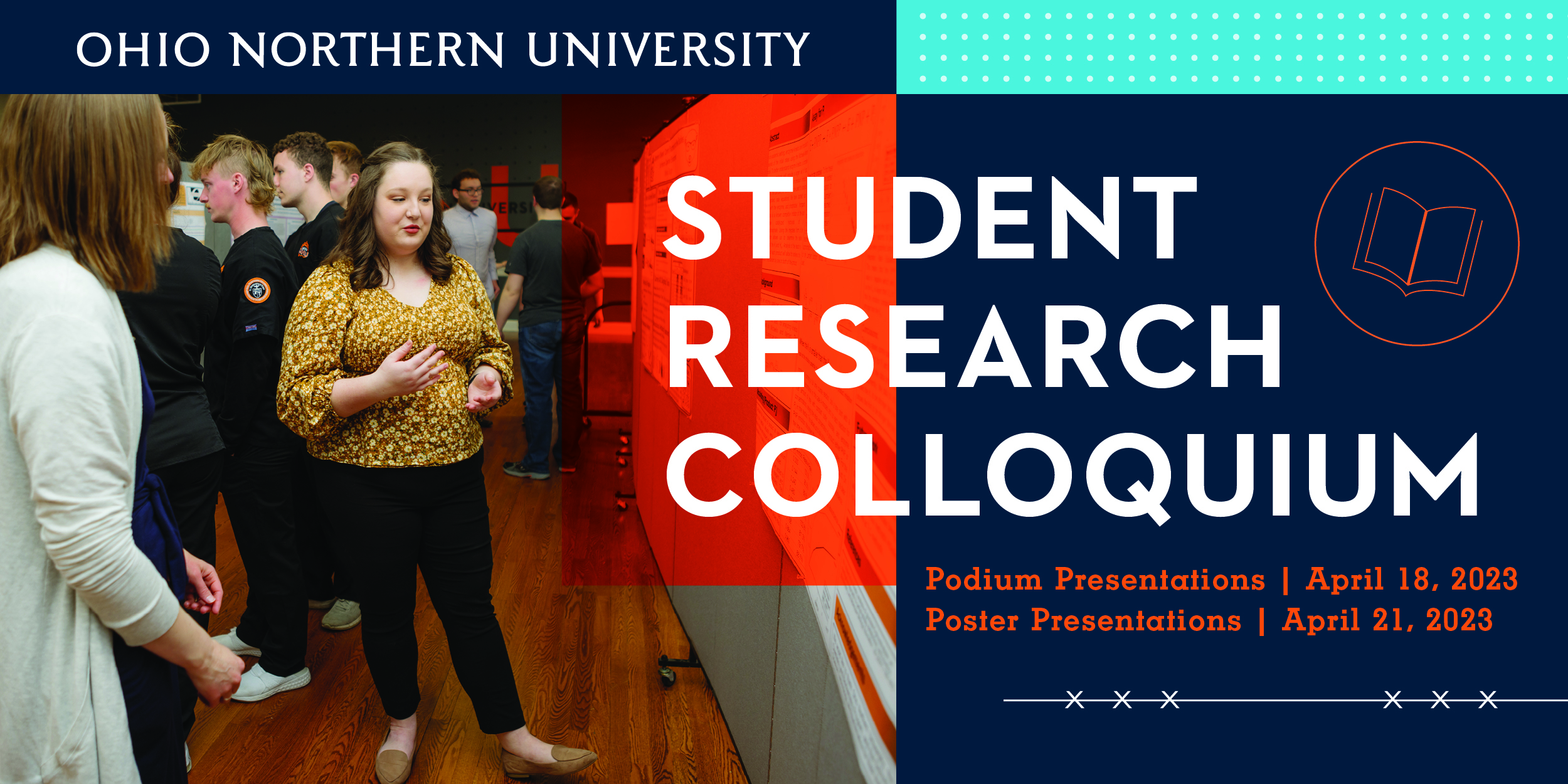Advisor(s)
Rema Suniga
Confirmation
1
Document Type
Poster
Location
ONU McIntosh Center; McIntosh Activities Room
Start Date
21-4-2023 10:00 AM
End Date
21-4-2023 10:50 AM
Abstract
Research has demonstrated that musical therapy can lower heart rate, pulse pressure, and pain for patients affected by serious ailments (post-surgery, chronic illness, and dementia). This Institutional Review Board (IRB) approved study on 2 groups of 6 college students, male and female, aged 18-21, was conducted in order to determine the acute effects of 4 musical genres (classical, country, metal, and hyperpop) on blood pressure, and heart rate. For each subject, blood pressure (mmHg; BP3AR1-4DRITE sphygmomanometer) and heart rate (beats per minute) were measured before and after 15 minutes of musical treatment with a 5-minute break following each of the 4 treatments. It was theorized that musical treatment would demonstrate lower cardiovascular factors when analyzed by a single factor ANOVA test. The hope was that the study would indicate significant cardiovascular decreases that could be implemented into therapy during collegiate settings (therapy to calm and ease pains of university students). This was not seen as the mean arterial pressure (p=.357-.996) and the heart rate (p=.324-.808) showed minimal correlation between the different genres of music and likability of the genres. The data was inconclusive between the stimulus and the examined factors when analyzed with. Musical therapy was not effective in significantly changing mean arterial pressure, pulse pressure, or heart rate of college-aged students at rest.
Recommended Citation
Bearer, Alex; Swisher, Drew; Arthur, Ben; and Zeiszler, Brady, "The Acute Effects of Music on Heart Rate and Blood Pressure of College Students" (2023). ONU Student Research Colloquium. 30.
https://digitalcommons.onu.edu/student_research_colloquium/2023/posters/30
Level of Access
Restricted to ONU Community
Restricted
Available to ONU community via local IP address and ONU login.
The Acute Effects of Music on Heart Rate and Blood Pressure of College Students
ONU McIntosh Center; McIntosh Activities Room
Research has demonstrated that musical therapy can lower heart rate, pulse pressure, and pain for patients affected by serious ailments (post-surgery, chronic illness, and dementia). This Institutional Review Board (IRB) approved study on 2 groups of 6 college students, male and female, aged 18-21, was conducted in order to determine the acute effects of 4 musical genres (classical, country, metal, and hyperpop) on blood pressure, and heart rate. For each subject, blood pressure (mmHg; BP3AR1-4DRITE sphygmomanometer) and heart rate (beats per minute) were measured before and after 15 minutes of musical treatment with a 5-minute break following each of the 4 treatments. It was theorized that musical treatment would demonstrate lower cardiovascular factors when analyzed by a single factor ANOVA test. The hope was that the study would indicate significant cardiovascular decreases that could be implemented into therapy during collegiate settings (therapy to calm and ease pains of university students). This was not seen as the mean arterial pressure (p=.357-.996) and the heart rate (p=.324-.808) showed minimal correlation between the different genres of music and likability of the genres. The data was inconclusive between the stimulus and the examined factors when analyzed with. Musical therapy was not effective in significantly changing mean arterial pressure, pulse pressure, or heart rate of college-aged students at rest.

